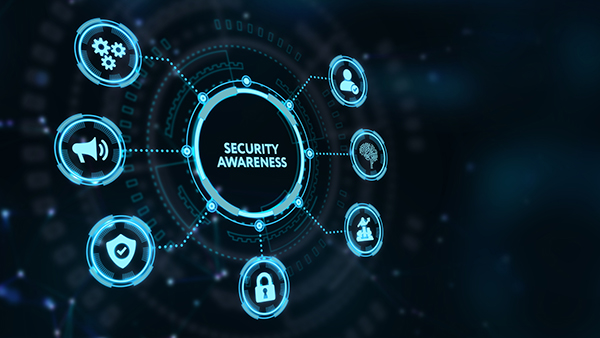|
Fresno State is joining colleges and universities nationwide to celebrate Cybersecurity Awareness Month in October. This week, we’re focusing on recognizing and reporting phishing and social engineering attempts.
Phishing: What to Look For
- Unexpected messages about account problems, invoices, payroll, or gift cards — especially with urgency or threats.
- Sender display name that looks familiar, but the email address is off by a character or uses a strange domain.
- Links that don’t match the text (hover to preview the real destination before clicking).
- Requests for passwords, MFA codes, or sensitive data — legitimate services do not ask for these by email.
- Unexpected attachments (e.g., .html, .iso, .exe) or prompts to “enable macros.”
- Multiple Duo prompts you didn’t initiate (MFA "push fatigue").
Social Engineering Tactics to Watch
- Pretexting: attacker invents a believable scenario (e.g., “IT support” requesting your login).
- Baiting: “free” downloads or USB drives that deliver malware.
- Vishing/Smishing: phone calls or texts pretending to be campus services or vendor
How to Verify Safely (Before You Click)
- Pause and inspect: check the full sender address and hover over links.
- Use known channels: contact the person or department using a phone number or address you trust — don’t reply to the suspicious message.
- When in doubt, report it first, and Technology Services will check it for you.
How to Report at Fresno State
If You Clicked or Responded
- Immediately change your Fresno State password and review recent Duo approvals.
- Notify Technology Services immediately so we can help secure your account and device.
Coming Next Week
Passwords and Multi-Factor Authentication (MFA) — Stronger logins, fewer compromises.
Thank you for helping keep our campus secure.
|


